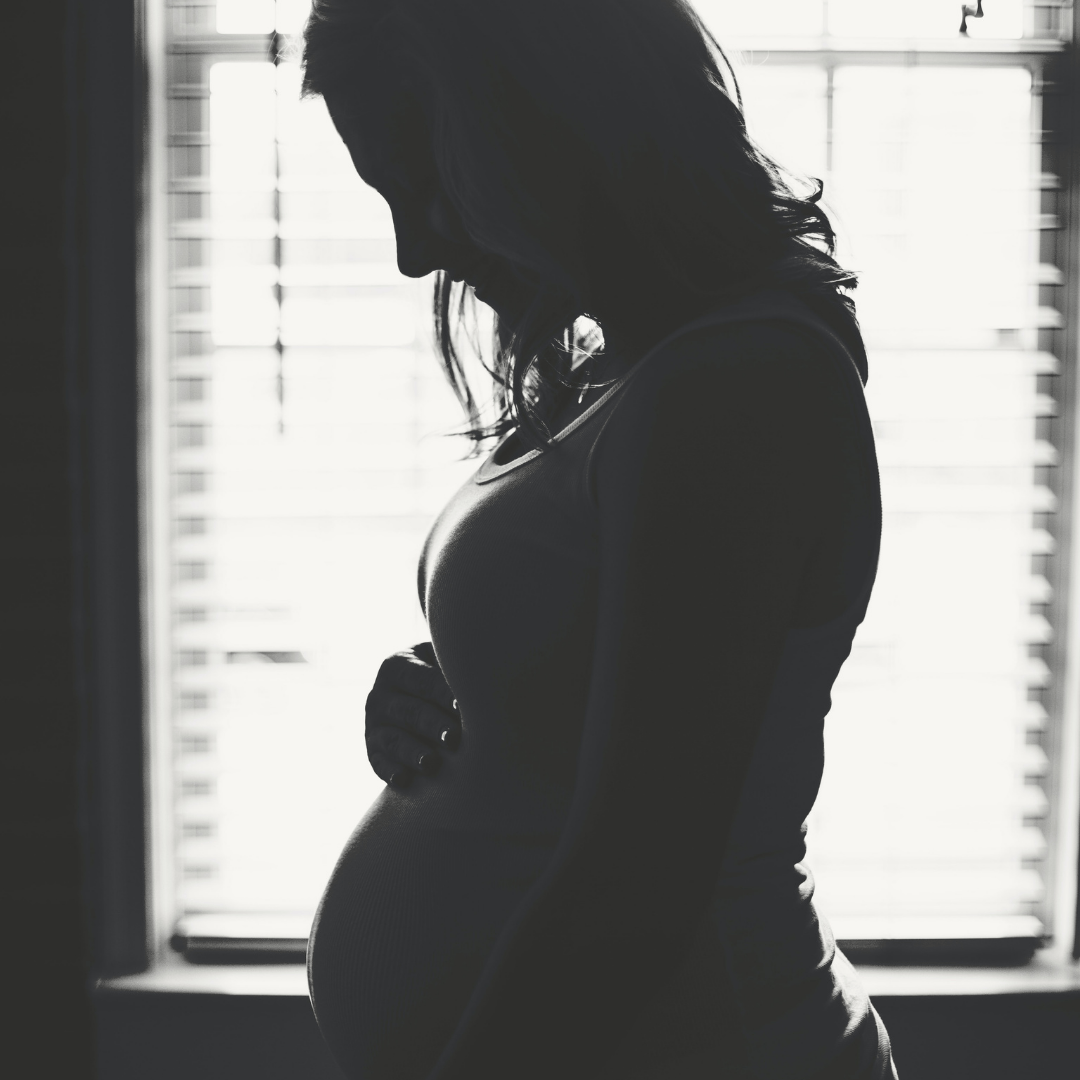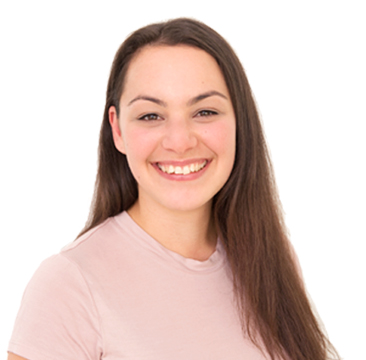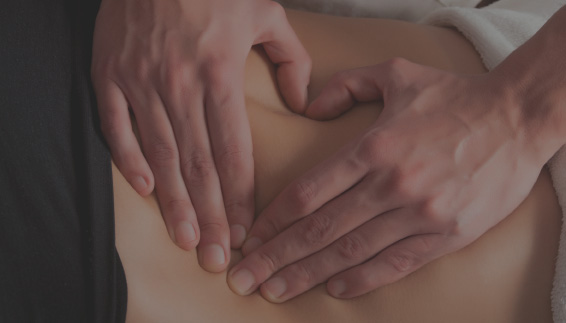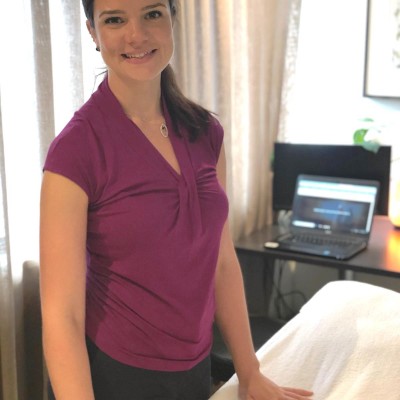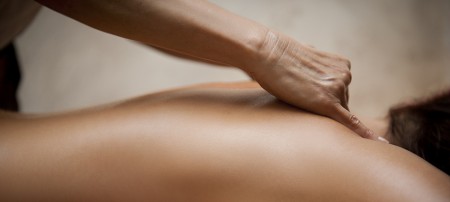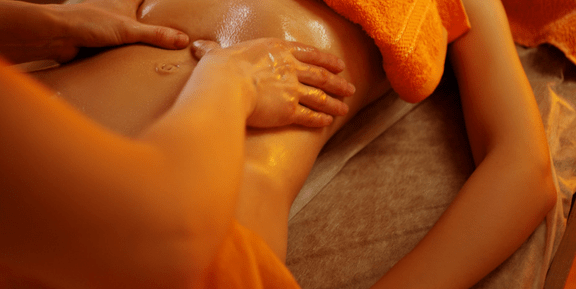
Bringing a child into this world is a profound, transformative experience. While the joy and love that accompany motherhood are immeasurable, the toll it can take on a human body is undeniable. This is where postnatal massage – specifically our signature Mother Roasting Massage, comes into play. Let’s delve into the world of massage after birth, exploring its benefits, techniques, and why every new mother should consider incorporating it into their post-birth recovery plan.
What is Mother Roasting Massage, and Why Does it Matter After Birth?
After the incredible feat of childbirth, how ever your baby arrived to this world, a mother’s body goes through a whirlwind of changes. Mother Roasting Massage, an ancient practice rooted in various cultures around the world, aims to provide relief and healing during the postpartum period. This gentle, soothing massage therapy is designed to help mothers recover from the toll of childbirth.
The journey of motherhood begins at birth, and the postpartum period is equally transformative. Postnatal massage plays a pivotal role in helping women recover physically and emotionally, offering a holistic approach to healing. It aids in addressing the physical discomfort and emotional challenges that mothers may face in the postpartum period.
The Benefits of Postnatal Massage / Mother Roasting Massage After Birth
- Pain relief and relaxation post-birth. Many women experience a range of physical discomforts, from sore muscles to lingering pain from childbirth. Mother Roasting Massage can provide much-needed pain relief and relaxation, helping new mothers feel more at ease during their recovery.
- Mood regulation and hormonal imbalances are common after childbirth, leading to mood swings, anxiety, and even postpartum depression. Massage after birth can help to soothe your nervous system, promoting emotional well-being and reducing the risk of postpartum mood disorders with the healing power of touch.
- Improved circulation facilitates faster healing of the body’s tissues and organs. This can be particularly beneficial for mothers who have birth by cesarean section or experienced tearing or episiotomy during vaginal births.
- Breast feeding milk flow can be supported with massage as it helps to relieved tension commonly associated with feeding, carrying and holding your baby. Promoting circulation and lymph around the breasts, under the arms and neck can help to encourage flow and reduce blockages.
- Scar tissue reduction. Massaging the abdomen and other areas with scar tissue can help reduce its appearance and improve overall comfort. This is especially important for mothers who have had surgery during childbirth. Massage can help when the would is completely healed.
The Techniques of Mother Roasting Massage
Relaxation and Stress Reduction – Mother Roasting Massage is a deeply relaxing experience, with techniques aimed at reducing stress and promoting emotional healing. It’s a vital component of the postpartum recovery process.
Posture and Body Realignment – Pregnancy can significantly impact a woman’s posture and it’s common to experience aches and pains in your body after birth. Postnatal massage includes techniques that help realign the body and improve posture, aiding in overall comfort and well-being.
Moxibustion – Our massage therapists have been trained to use this incredibly nourishing therapy, applying direct heat to specific traditional Chinese points along meridians to boost energy and aid recovery. Adding Moxa to your treatment is a special part of Mother Roasting that women LOVE.
Warm Wheat Bags, applied to the body, help to soothe sore muscles, increase blood flow, and promote relaxation.
Why Choose Professional Postnatal Massage Services
- Expertise Matters. Professional postnatal massage services, like those offered at Fertile Ground, come with the advantage of expertise. Trained massage practitioners with years of experience supporting pregnant and birthing mothers understand the unique needs of the postpartum phase, ensuring a safe and effective experience.
- Customisation. Every mother’s postpartum journey is unique. Our professional massage therapists will tailor Mother Roasting Massage to address individual concerns and preferences, offering a personalised healing experience.
- Safe Environment. Our postnatal massage services provide a safe, clean, and comfortable environment, with a day spa feel, creating the ideal setting for relaxation and healing.
- Supportive Postpartum Care. In addition to the massage itself, postnatal massage services often provide valuable advice and support, helping mothers navigate the challenges of the postpartum period.
Embrace Postnatal Massage for a Healing Postpartum Experience
Embracing Mother Roasting Massage as part of your postpartum recovery plan is a decision that can significantly impact your well-being and overall experience as a new mother. The benefits are numerous, from pain relief and relaxation to hormone regulation and emotional healing. The techniques used in postnatal massage are carefully designed to address the unique needs of postpartum women, promoting physical and emotional recovery.
Whether you’ve just welcomed your first child or you’re an experienced mother, consider incorporating professional postnatal massage into your postpartum journey. If you’re a partner or loved one of someone who has given birth, a Mother Roasting Massage is a fantastic gift of support and celebration that the person receiving it will love!!
Book mother roasting postpartum massage Buy a gift voucher for someone special
Experience the healing power of Mother Roasting Massage
At Fertile Ground, we offer expert postnatal massage services in Melbourne, providing personalised care and support during your postpartum recovery. Contact us today on (03) 9419 9988 / reception@fertileground.com.au or book your session online and embark on a journey of healing, relaxation, and emotional well-being. Take a step towards a more comfortable and fulfilling postpartum experience.
Remember, your body and mind deserve the utmost care and attention during this transformative time. Postnatal massage after birth is a beautiful way to honour and nurture yourself as you embrace the incredible journey of motherhood.
More resources for the post-partum period
Our naturopaths have created an incredible resource for you in the post-partum phase with lots of supportive ideas, podcasts, our favorite books and practitioners to support you for what ever you need. Download now – A free Ebook for the 4th Trimester – Caring for you and baby.


